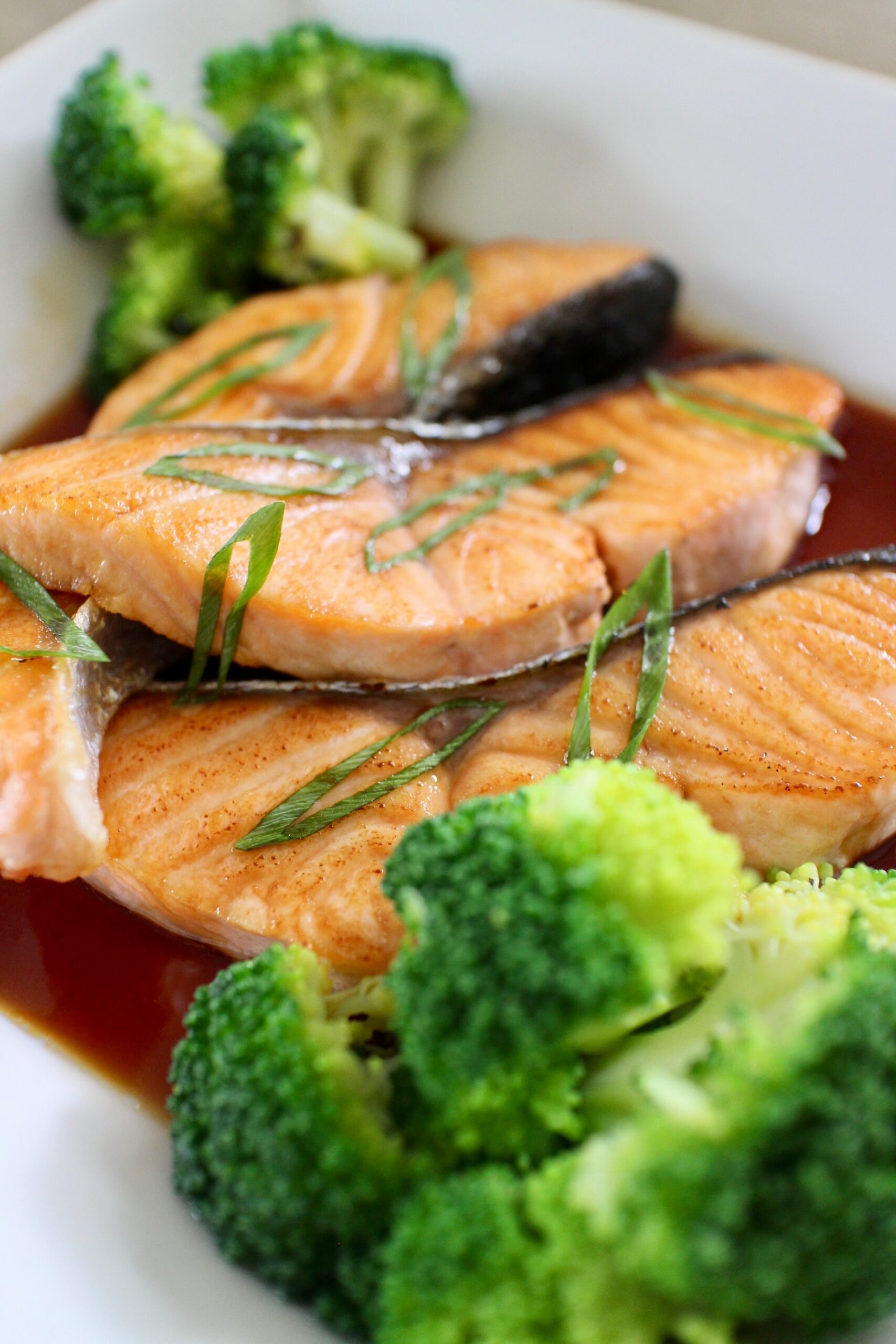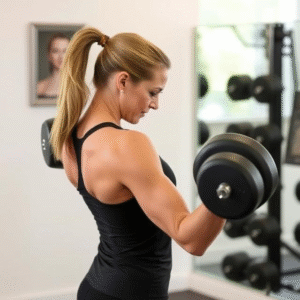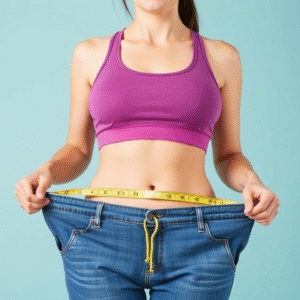
Losing weight through menopause.
There are certain changes that we just cannot stop from occurring. Getting old is inevitable and so is the menopause, even though it will only effect women. But what do you do about losing weight through menopause? Well the only way forward is to learn how to manage the symptoms by eating the right foods and discovering when the best times to exercise for maximum results. This post is going to be looking at the menopause and the effects it can have on someone wanting to lose weight and live an active lifestyle!
Losing Weight Through Menopause
By the time we get to an age where the menopause starts affecting us, we would have learnt a thing or two about weight loss. I believe you would know about the importance of exercise and living a healthy lifestyle. Getting older can make a basic plan, such as losing weight seem impossible. But that’s not the case, our bodies will go through changes and for us to keep it in check. Losing weight through menopause, we also need to change.
Can you be honest with me and tell me, what would your approach to weight gain be? I’ve found that most women respond to weight gain with eating less! I can understand why, but because I understand how your body will react to your actions. I’m going to direct you to a much better approach, let’s start by examining the menopause and how it affects your body.
What Is Menopause
To answer the question directly, the menopause is a time in a woman’s life when her body stops producing Oestrogen. This usually happens between the age 45 and 55 years of age. This can cause a variety of symptoms, the symptoms can be:
- Mood changes.
- Sleeping problems.
- Vaginal dryness.
- Reduced sex drive.
Women go into menopause after not receiving a period for 12 months. When this happens the above symptoms can occur. The good news is that not every woman will have these symptoms or need any treatment to alleviate them. When your body starts to reduce the amount of oestrogen it produces, it can result in weight gain. Weight loss through menopause can now become a problem.
The female body goes through a number of hormone changes as they age. Each process starts or ends a different change to the female body. They are:
- Pre-menopause – The term used for the first and last menstrual cycle.
- Perimenopause – This is the name given to the drop in progesterone.
- Menopause – This cycle starts when 12 months has passed since the last menstrual cycle.
- Post menopause – The name given to the cycle that proceeds menopause.
The Effects Of Oestrogen Deficiency
Now, we’ve established what a menopause is and when it’s likely to cause you to gain weight. Let’s try to get a good understanding of how a lack of oestrogens might affect our bodies. The issue at hand is weight loss through menopause. Weight gain can happen during menopause because of a fall in oestrogen but your age and metabolism also has a role to play. As we get older we get comfortable, we exercise less, yet eat and drink (Alcohol) more.
This is a very bad combination and of course the result is weight gain. During menopause women tend to put on weight around the stomach and upper thigh area of the body. These are areas that are very susceptible to weight gain, depending on your body type and genetics!
Foods That Alleviate The Symptoms Of Menopause.
Our bodies are unique and no 2 bodies are the same. But when it comes to eating the right foods that are likely to alleviate the symptoms of menopause. Our bodies reactions are closer that we think. Whole grains, fruit, vegetables and protein are among the list of foods you should be eating on a daily basis. The foods that will alleviate your menopause symptoms and help keep your weight gain to a minimum are:
- Quinoa.
- Barley.
- Brown rice.
- Whole wheat bread.
- Rye.
- Broccoli.
- Chickpeas.
- Grapes.
- Plums.
- Green and black tea.
- Soy beans.
- Eggs.
- Meat.
- Fish.
- Legumes.

On the other hand you should be cutting back. Or be removing alcohol, sugars, carbohydrates, caffeine, spicy foods and processed carbohydrates. The list contains:
- White bread.
- Baked foods – cakes.
Having a high blood sugar is known for causing or at least contributing to the causes of hot flashes in menopausal women. So, if you’re near your fifties or menopausal do your best to resist the temptations of chocolates and cakes. But if you feel the need to treat yourself, try to keep your sugar intake to less than 10% of your daily calorie intake. Losing weight can be challenging at the best of times, but losing weight through menopause takes it to a whole new level.
The Best Exercises For Weight Loss
There’s never been a better reason to keep yourself fit and healthy. Having a healthy lifestyle is very important for everyone. But more important to women approaching or going through the menopause. Running and swimming are high on the list of activities, but I do believe the key to keeping yourself in tip-top condition is a variety of activities.
Breakout your treadmill, rowing machine and start reshaping your life. Remember to start every workout with a warm up and a cool down program. This will help to avoid injuries and pre warm your muscles for physical exercise.
I would also like to add skipping to my list of exercises that will deliver amazing weight loss benefits. Even though it can be very demanding on your joints. This brings me to quickly mention that having a high salt intake can cause a reduction in bone density. Consuming more than 2 grams of salt can lead to low bone density and can also contribute to high blood pressure. Keeping yourself on a regular physical program will help to minimize the risk of both issues!
The Conclusion To Losing Weight Through Menopause
Throughout your life your body is going to challenge and test you. Losing weight through menopause is another challenge that all women will face. Having a healthy lifestyle from an early age is the best way forward, but this is in the ideal world! Unfortunately, many women will not be living this kind of lifestyle and when faced with the onset of menopause, a solution to a problem most women will face is required!
The best advice I can give you is eat a healthy diet or should I say live a healthy lifestyle. Put in place an exercise program that you take part in 2 – 3 times a week if not more. But remember, start slow, especially if you’re not used to physical activity. Enjoy your life and live it to the max but listen to your body, it will need you to make changes at various stages of your life. This is just one of the big ones!
I hope you’ve enjoyed the read and if you have any comments or questions, please leave them below.
Keep healthy – Ultimate Training Gear






